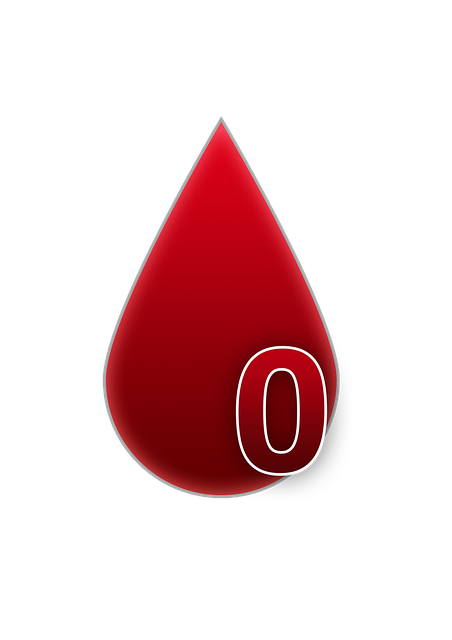Surrogacy with egg donation offers same-sex couples a complex but rewarding path to parenthood. Choosing a sperm donor involves emotional, logistical, and financial decisions. Legal and ethical considerations around sperm donation are crucial for gay parents, including screening, consent, and donor anonymity. Thorough screening and open communication are key when selecting a safe, healthy, and emotionally available sperm donor for surrogacy arrangements.
In the journey towards parenthood, same-sex couples often explore surrogacy with egg donation as a path to building their families. This comprehensive guide delves into the intricate process of surrogacy and egg donation, highlighting the crucial role of the sperm provider in gay parenting. We’ll explore legal and ethical considerations while navigating the selection criteria for choosing the right sperm partner. Understanding these aspects ensures informed decisions on this rewarding yet complex journey.
Understanding Surrogacy and Egg Donation Process
Surrogacy with egg donation is a complex process designed to help same-sex couples become parents. It involves a surrogate mother who carries the child using an egg donated by another woman. This arrangement is particularly appealing to gay male couples who wish to have biological children. The journey begins with extensive screening and selection criteria for both the surrogate and donor to ensure the safety and health of the intended parents and the developing fetus.
During surrogacy with egg donation, the chosen donor provides her egg, which is then fertilized by one of the prospective fathers using in vitro fertilization (IVF). The resulting embryos are implanted into the surrogate mother’s uterus, marking the beginning of the pregnancy. This process offers a unique path to parenthood, allowing gay parents-to-be to experience the joys of raising a child while navigating the legal and emotional aspects of surrogacy agreements.
Role of Sperm Provider in Gay Parenthood
In same-sex partnerships, the role of sperm provider is a significant consideration in planning for parenthood through surrogacy and egg donation. This decision often involves complex emotional, logistical, and financial aspects. Some gay men may choose to become their own sperm donors, offering both biological connection and personal involvement in the process. Alternatively, they might opt for a known or anonymous donor, considering factors like compatibility, medical history, and availability.
Surrogacy with egg donation allows gay parents-to-be to construct a family while navigating legal and ethical considerations. The sperm provider’s role is crucial, influencing not just the biological makeup of the child but also their connection to the parents. It’s essential for couples to have open dialogues, consult with professionals, and carefully weigh their options to ensure the best outcome for everyone involved in this unique journey towards parenthood.
Legal and Ethical Considerations for Sperm Donation
In the context of surrogacy with egg donation for gay parents, legal and ethical considerations surrounding sperm donation are paramount. The process involves intricate regulatory frameworks aimed at ensuring the safety and well-being of all parties involved. Potential donors must undergo rigorous screening procedures to check for medical history, genetic predispositions, and mental health assessments, as these factors can significantly impact both the donor’s life and that of the child conceived.
Ethical dilemmas often surface in this domain, particularly concerning consent, privacy, and the potential psychological impact on the donor. Sperm donation agreements must be meticulously drawn up to delineate rights, responsibilities, and expectations among all stakeholders. Furthermore, the anonymity or disclosure of the donor’s identity to the intended parents and the child later in life is a complex issue that varies by jurisdiction and personal preferences, adding another layer of complexity to legal and ethical decision-making in this arena.
Choosing the Right Partner: Sperm Selection Criteria
When considering surrogacy with egg donation for gay parents, choosing the right partner is paramount. Beyond compatibility and shared goals, several criteria come into play when selecting a sperm donor. First and foremost, safety and health are crucial. Ensuring the donor has been thoroughly screened for any genetic disorders or infectious diseases is essential to protect both the surrogate and the intended child.
Additionally, considering the donor’s background, lifestyle, and age can provide valuable insights. For instance, a donor with a stable lifestyle, including regular health check-ups and no excessive substance use, is preferable. Age can also play a role; younger donors tend to produce more robust sperm over time. Lastly, emotional availability and commitment are significant, as open communication and support throughout the process are vital for all parties involved in surrogacy with egg donation arrangements.
In the context of surrogacy with egg donation for gay parents, selecting a sperm provider is a crucial step. By understanding legal and ethical considerations alongside choosing the right partner based on specific criteria, same-sex couples can navigate this aspect of parenthood effectively. The role of the sperm provider, whether through donation or personal relationship, significantly influences the family’s future, making informed decisions essential for a smooth and fulfilling journey towards parenthood.
